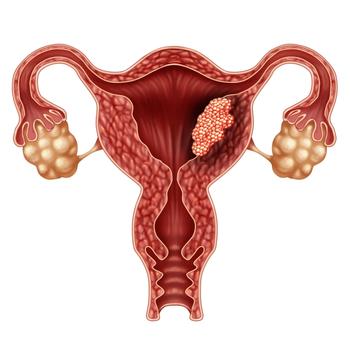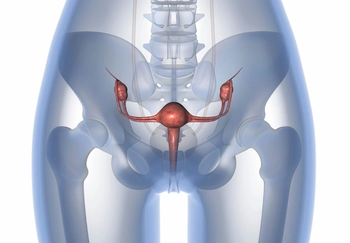
Sarah Lee, MD, MBA, discusses the use of checkpoint inhibitors in endometrial cancer, research regarding the association between MSI-H, dMMR, and TMB-H disease, and the importance of broad molecular testing to ensure all eligible patients are appropriately matched to immunotherapeutic options.


